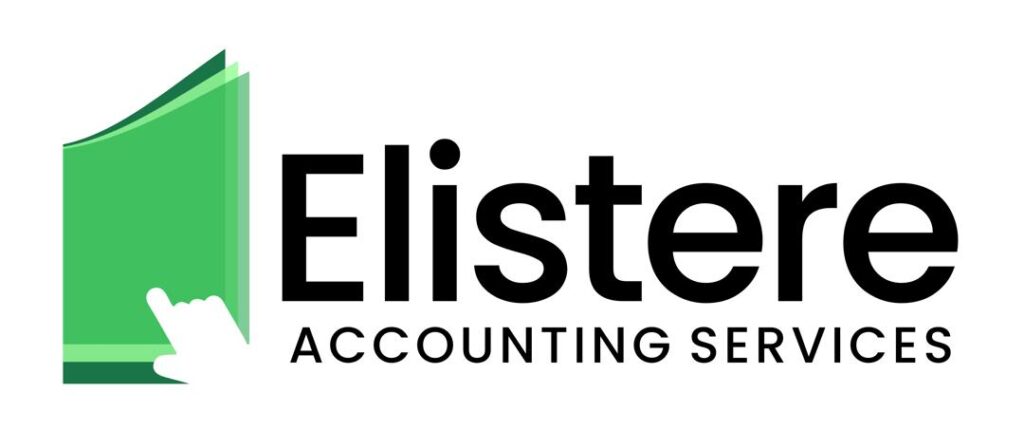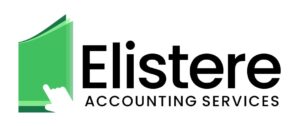Tip 1: Keep Accurate Records
Keeping accurate and organized records is very important for you and your accountant. As a business owner or a startup, it is best practice to keep and organise records sensibly for example organising your paper receipts first by day, then by month and lastly by the year.
This includes tracking all income and expenses, keeping receipts, and maintaining up-to-date financial statements. Good record-keeping is essential for accurate tax filing and can help you identify deductible expenses.
Tip 2: Understand Allowable Deductions
Understand what expenses are deductible from your income/sales/turnover before tax is calculated from your net profit/income. Common deductions include office supplies, business travel expenses, and even a portion of your home office if you work from home. Knowing these can significantly reduce your taxable income.
Tip 3: Use Accounting Software
Invest in reliable accounting software. Tools like QuickBooks or Xero can streamline your bookkeeping, make tax preparation easier, and help you avoid costly mistakes.
Tip 4: Set Aside Money for Taxes
Make it a habit to set aside money for taxes. A good rule of thumb is to save at least 20-30% of your income to cover your tax liabilities just ensure the money is easily accessible when the time is due. This prevents last-minute scrambles and ensures you have funds ready when taxes are due.
Tip 5: Know Your Deadlines
Stay aware of all tax deadlines. Missing a filing date can result in penalties and interest charges. As a business owner, you file your first accounts with HMRC and Companies House 21 months after the date you registered with Companies House – so if you registered your business 1st Jan 2024 filing deadline will be 31st Oct 2025 giving you more time to sort out all required information for your filing – but don’t leave it till very late as you may get penalised.
Afterwards, you file 9 months after your company’s financial year ends which will be in my example 30th Sep yearly
As a self-employed individual – Mark your calendar for important deadlines for these key deadlines:
- Submitting self-assessment tax return online– this has to be done by midnight January 31st.
- Paying the tax you owe in the year – is done by midnight Jan 31st
- There’s usually a second payment deadline of 31 July if you make advance payments towards your tax bill – this is known as payments on account.
- For submitting a paper return through the post – inform HMRC by midnight on 31st October
- If its your first time as a self-employed individual – you need to inform HMRC immediately to get registered for self-assessment – this must be done by 5 October
Tip 6: Claim Research and Development Credits
If your business invests in innovative projects in science and technology, you may be able to claim Corporation Tax relief if all requirements are met. don’t miss out on these two-digit R&D tax credits. These credits can provide significant tax relief and are often overlooked by small businesses.
Tip 7: Hire a Professional Accountant
Consider hiring a professional accountant, especially if your tax situation is complex. An accountant can help you maximize deductions, ensure compliance, and save you time and stress.
Tip 8: Utilize Pension ContributionsContributing to a pension plan can be a tax-efficient way to save for retirement and reduce your taxable income. Explore options like personal pensions or SIPPs (Self-Invested Personal Pensions).
Tip 9: Stay Updated on Tax Laws
Tax laws change frequently, so staying informed is crucial. Subscribe to tax newsletters, follow relevant news, or consult with your accountant to stay up-to-date with the latest regulations.
Tip 10: File Early
Finally, file your taxes early. Filing ahead of the deadline not only helps you avoid last-minute stress but also allows you to identify any issues early and get your refund sooner if you’re due one.
I hope these tips help you navigate the 2024 tax season with ease. If you found this video helpful, please give it a thumbs up, subscribe to our YouTube channel, and hit the bell icon to get notified about our latest videos. If you have any questions or need further assistance, drop a comment below or visit our website. Until next time, happy accounting!




